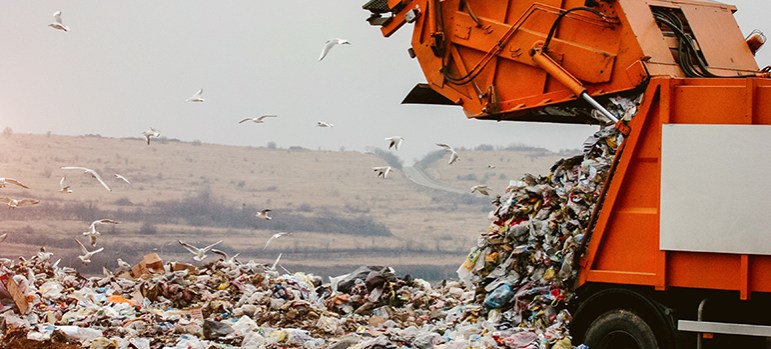California’s residential composting program, which began last year, is an enormous undertaking meant to reduce the amount of trash going into the state’s landfills and the climate-polluting gasses the facilities release.
Landfills are California’s third-largest source of methane, a potent greenhouse gas that’s released by banana peels, egg shells and other organic waste as it decomposes. Though the program is off to a rocky start, more composting should begin to curb a major source of emissions.
But what if we threw out less food to begin with?
Assemblywoman Jacqui Irwin, with support from the Natural Resources Defense Council and Californians Against Waste, introduced a bill this year that would restrict “sell by” dates and other labels that federal officials say often prompt consumers to needlessly discard canned goods, boxes of cereal and produce, while providing little information about food safety.
The bill would require manufacturers of perishable products to use only standard phrases for expiration dates — either “best if used by” in reference to freshness, or “use by” in reference to food safety. Those would replace “sell by,” “best before,” “enjoy by” and other language that Irwin said causes confusion about whether the food has merely passed its peak or has truly gone bad.
“It’s completely meaningless to the consumer, and that’s why we’re ending up with all this food waste,” said Irwin, whose district includes Thousand Oaks and Simi Valley.
Opposition stalled Irwin’s bill in the Legislature, so she asked CalRecycle, the state department that oversees waste management, to mandate the same standards she has proposed. CalRecycle could take this step without legislative approval, she said.
According to the U.S. Department of Agriculture, more than one-third of the food sold in the country ends up going to waste, in part because consumers throw away food they think has gone bad when it hasn’t. There is no federal law requiring uniformity in the way perishable food is dated, and for the most part, “dates are not an indicator of the product’s safety,” the department says.
The average American spends $1,300 a year on food that is thrown away, said Jenn Engstrom, the state director for the advocacy organization CalPIRG.
“This is really common sense,” Engstrom said of Irwin’s proposal to standardize food dating. “I think it’s something that a lot of consumers will really appreciate, just getting rid of that headache of trying to figure out when their food goes bad.”
Soumya Karlamangla is a reporter for California Today, The New York Times. Copyright 2023, The New York Times.

